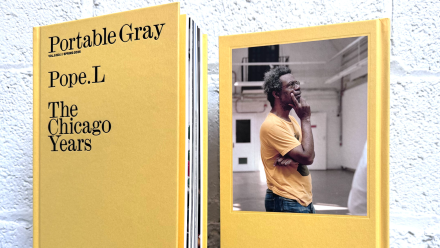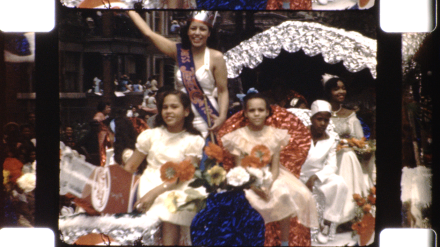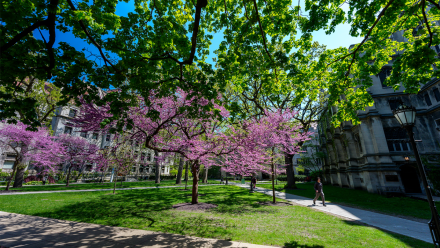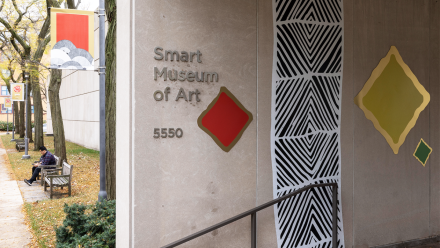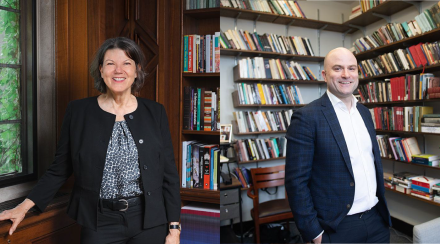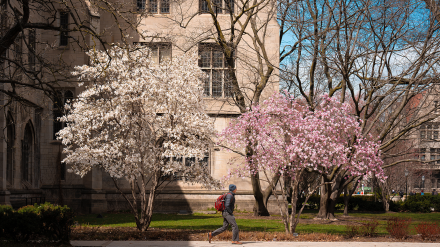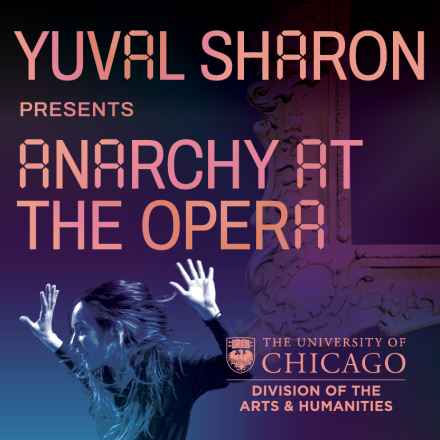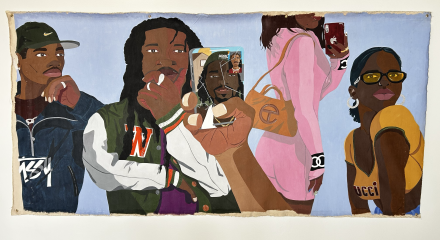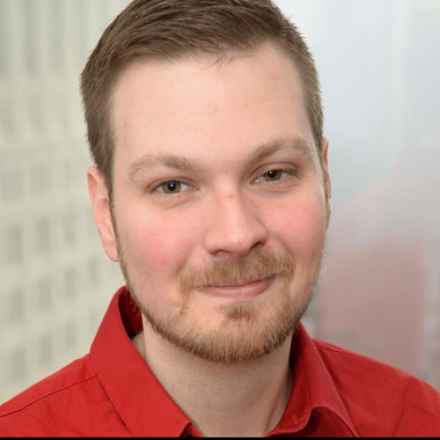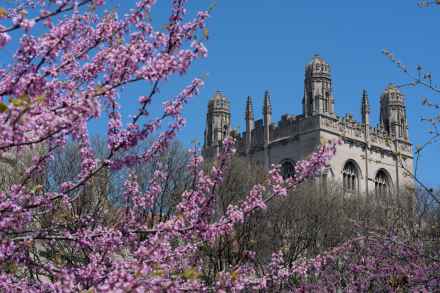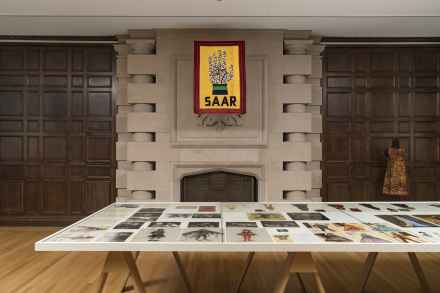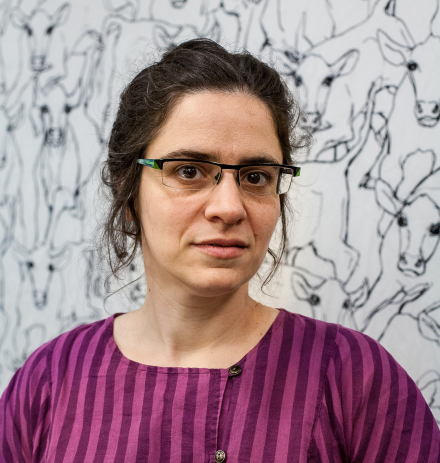News
Gray Center launches Portable Gray issue honoring artist Pope.L’s “Chicago Years”
Five gems from the South Side Home Movie Project
Arts & Humanities faculty member Hoyt Long receives named professorship
Grant funds Smart Museum-Divinity School partnership to research religious objects
UChicago announces 2025 winners of Quantrell and Ph.D. teaching awards
Three UChicago scholars receive 2025 Guggenheim Fellowships
Visionary Opera Director Yuval Sharon to Deliver Berlin Family Lectures
UChicago Arts Co-Hosts EXPO CHICAGO’s South Side Night April 22, 2025
Media Mentions March 2025
The latest media mentions, quotes, profiles, and writings from Division of the Humanities faculty, students, staff, and alumni. Visit us on X, LinkedIn, YouTube, and Facebook for more updates.
What is 'recession pop' — and why is it making a comeback? New music from Kesha, Lady Gaga signals return to 'escapist pop bangers.'
Yahoo Entertainment
Paula Harper (music) was interviewed for this article on the resurgence of "recession pop"—the dance-floor anthems that offered escapist joy during the Great Recession and are now making a comeback. Harper explains how these songs served as “overcompensating counterpoints” to economic despair, offering “sonic bodily pleasure” in moments of uncertainty.
How much influence did white supremacist groups have on Chicago housing?
WBEZ
Adrienne Brown (English Language and Literature) was interviewed for this article on how white supremacist groups influenced Chicago housing segregation. She explains that while extremist groups like the White Circle League played a role, segregation was also upheld by real estate boards, neighborhood associations, and banks that adapted discriminatory practices even after legal barriers fell. Brown emphasizes that these systemic issues not only shaped Chicago’s housing market but also the lives and works of Black thinkers like Richard Wright, Lorraine Hansberry, and Gwendolyn Brooks.
Meet the Staff: Joshua Oaks
More than 100 staff members work in the Division of the Humanities. We’ll introduce you to our staff in this continuing series.
Joshua Oaks
Director of Digital Communications
Office of the Dean
UChicago announces unified Division of the Arts & Humanities
Media Mentions February 2025
The latest media mentions, quotes, profiles, and writings from Division of the Humanities faculty, students, staff, and alumni.
The Necessity of Nussbaum
Aeon
Martha C. Nussbaum (Philosophy and Law) is praised for her influential work in ethics, political philosophy, and human development. The article highlights her capabilities approach, her theory of emotions as central to ethical reasoning, and her critique of anger as a response to injustice.
Agnes Callard: «What is Free Speech?»
Det humanistiske fakultet UiO
Agnes Callard (Philosophy) discusses a Socratic approach to free speech, rejecting standard liberal models—debate, the marketplace of ideas, and persuasion—for failing to prevent the politicization of speech. She explains what politicization is, why it is coercive, and how Socrates’ conversational method offers a way to avoid it.
Theaster Gates: ‘I’m an artist. It’s my job to wake things up’
The Guardian
Theaster Gates’ (Visual Arts) 1965: Malcolm in Winter: A Translation Exercise explores the intersections of civil rights history, material culture, and global craft traditions. By engaging archival materials—including a rare collection of Malcolm X translations—Gates reactivates historical memory as a form of aesthetic and political resistance.
The Biggest Reason to Be Optimistic About 2025, According to Philosophers
Newsweek
Martha C. Nussbaum (Philosophy and Law) is quoted in this article, stating that the greatest reason for optimism in 2025 is “the energy, intelligence, and compassion of young people.”

